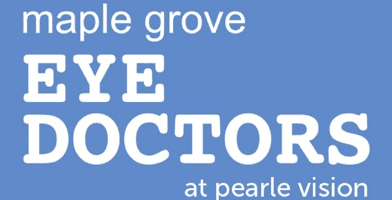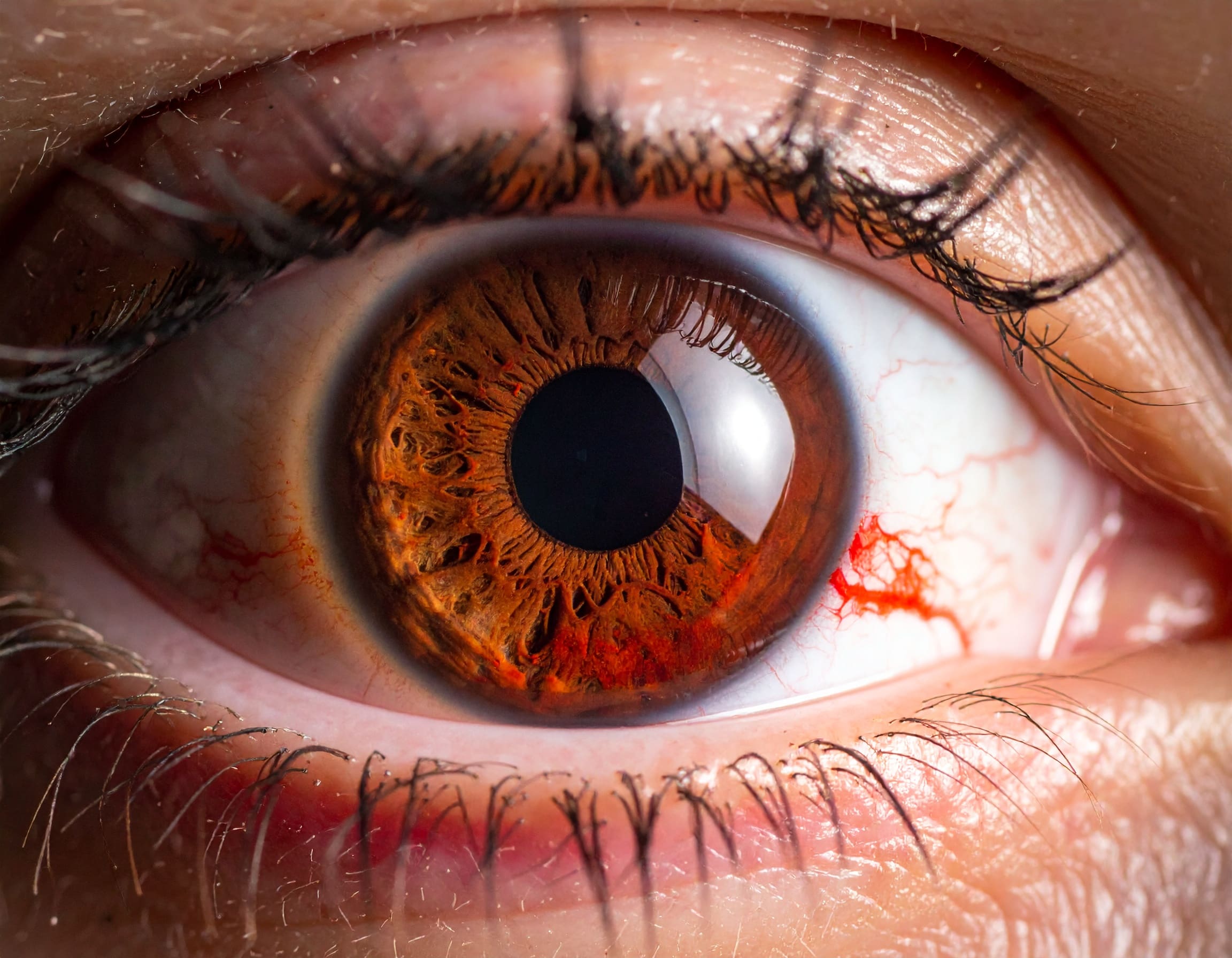https://maplegroveeye.vision/when-should-adults-have-a-baseline-eye-exam/
When Should Adults Have A Comprehensive Baseline Eye Exam?
There seem to be clear guidelines when it comes to scheduling your first mammogram or colonoscopy, yet there is still quite uncertainty about when one should start getting their baseline eye exam.
So here are our team’s recommendations if you are an adult and eye care wasn’t part of your healthcare as a child:
But What Is A Baseline Eye Exam In The First Place?
When someone talks about eye health, we are primarily reminded of correcting poor vision. Focusing only on aspects like far or nearsightedness leads us to believe that just a pair of prescription glasses would work fine. But vision care goes much beyond that!
You could have underlying eye problems. You could be seeing fine, but your vision may be deteriorating. Often many conditions have no overt symptoms until things worsen, and you’re left with options like a surgical intervention.
A baseline eye exam allows an eye practitioner to determine the overall health of your eyes. It is a comprehensive eye exam that can identify the warning signs of serious conditions such as glaucoma. These kinds of examinations are more suitable for middle-aged adults, those over 40, and recognize vision changes.
Even if you are below 40, an eye exam is a good idea.
Baseline Eye Exams in Your 20s and 30s
If your eyes are healthy and your vision is good, you should have a complete comprehensive exam with dilation by your Eye Doctor once in your 20s and twice in your 30s. If you notice sudden visual disturbances, eye pain, injuries, or infections, this warrants an immediate check-up.
Disclaimer: How do you know if your vision is good or optimal? Well… by having an eye exam, and we recommend that children have their first eye exam by age 4.
A baseline eye exam is an initial comprehensive evaluation of your eye health and visual function. This session provides a detailed record of the current status of your eyes and vision, serving as a starting point for future eye examinations. It typically involves:
- Knowing details about your overall health and medical history
- Assessing the clarity of your distant and near vision
- Evaluating depth perception, color vision, peripheral vision, etc.
- Analyzing the curvature of the cornea, especially if you are considering contacts
- Determining the lens power needed to correct refractive errors
- Inspect the external parts and insides of the eyes to pinpoint any problems
The baseline eye exam sets the standard for your eye health. Any deviations or changes in subsequent exams can be compared to this baseline. It allows for the early detection of eye diseases or conditions, enabling timely intervention and treatment.
Of course, there ARE some exceptions:
While there are some general guidelines, certain conditions or circumstances might require you to get an eye exam much sooner.
- If you have an infection such as pink eye, an injury to an eye, or eye pain, or if you notice sudden floaters and flashes or patterns of light, Schedule an Eye Exam right away!
- If you wear contact lenses, you must see your eye doctor every year and ensure the suitability of your lenses.
- A visually demanding job or work that poses a risk to the eye again demands you to see your doctor early on.
- If you have diabetes or have a family history of eye disease, talk with your eye doctor about how often your eyes should be examined.
- If you are taking any medications with potential side effects on the eyes, you should discuss it with your eye doctor.
- Any previous eye surgeries or procedures might again prompt an early eye exam.
The idea is to not wait until 40 for an eye exam and when you stop being able to see fine print! Your doctor prefers a baseline to work from before presbyopia sets in!
Benefits of Early Detection
Regular eye check-ups are crucial. These help detect eye problems early on. Catching potential problems in time through a baseline eye exam can prevent any major issues down the road. This is not just about being able to read the fine print comfortably; it is also about potentially preserving your vision from serious eye diseases. By the age of 40, conditions like presbyopia start to appear, making early checks vital.
Factors That Prompt an Eye Exam Now!
See an eye doctor NOW if you have an eye disease or risk factors such as:
- Diabetes
- High blood pressure
- Family history of eye diseases
- Signs like redness, tearing, floaters, blurry vision, and more
- General discomfort
If you identify with any of the above or just feel it is time for a check-up, do not hesitate. It is also important to follow the schedule your eye doctor gives you, especially as you age. This recommendation doesn’t mean another inconvenient appointment; it’s a path to a safer, clearer, and more colorful life. Your risk for eye disease increases as you get older. Do not deprive your eyes of the care they deserve.

Eye Exams After 40
Many serious problems can impact your vision after turning 40. Establishing your baseline eye health gives your doctor the right information to compare your future visits with and keep a record of your issues, if any.
Open-angle glaucoma is more prominent in people over 40. So, routine exams can help you prevent irreversible damage to your eyes. You can also keep your prescription up-to-date.
During your dilated eye exam, your doctor can also detect signs of:
- Hypertension
- Autoimmune conditions
- Certain types of cancers
- Sun damage and eye strain
- Ocular allergies
Neglect your eye exam because you’re busy, and you could face serious eye problems impacting your daily life.

⠀
Seniors and Eye Exams
Eyesight is one of your most precious senses, and being proactive about your eye health can mean the difference between maintaining good vision and facing severe eye issues eventually. But vision clarity tends to diminish with age. If you are 65 or older, make sure you have your eyes checked every year. Your eye doctor will check for signs of age-related eye diseases such as:
- Cataracts
- Diabetic retinopathy
- Age-related macular degeneration
- Glaucoma
Aging indeed intensifies the risk of eye-related ailments. Gradually, impaired vision can lead to accidents at home, work, or anywhere outside. Maintaining a clear vision isn’t just crucial for personal safety but also to enjoy the big and small things in life. When your vision is compromised, it interrupts even the simplest of joys. Thus, adhering to the recommended examination schedule is crucial. It will help you maintain optimal vision and catch any potential threats to your eye health.
Maple Grove Eye Doctors Can Be Your Eye Care Partner
Your eyes are the windows to the world. Prioritize their care now. With a seasoned team of professionals, cutting-edge equipment, and a patient-centric approach, Maple Grove Eye Doctors ensures your vision care is always in safe hands. Schedule your baseline eye exam or a routine check with us today and feel the difference.





